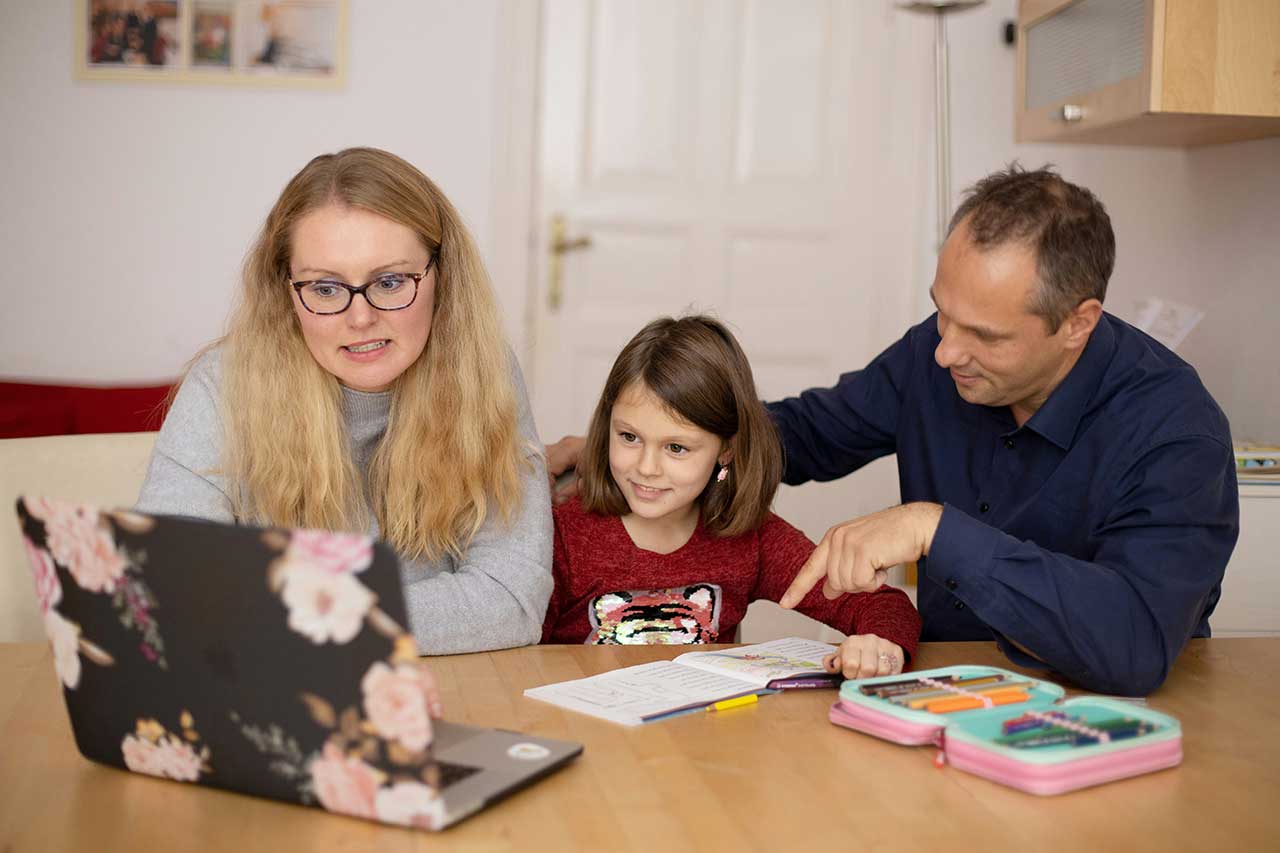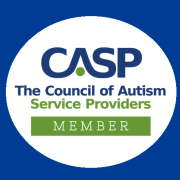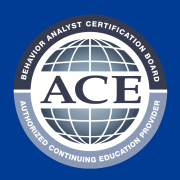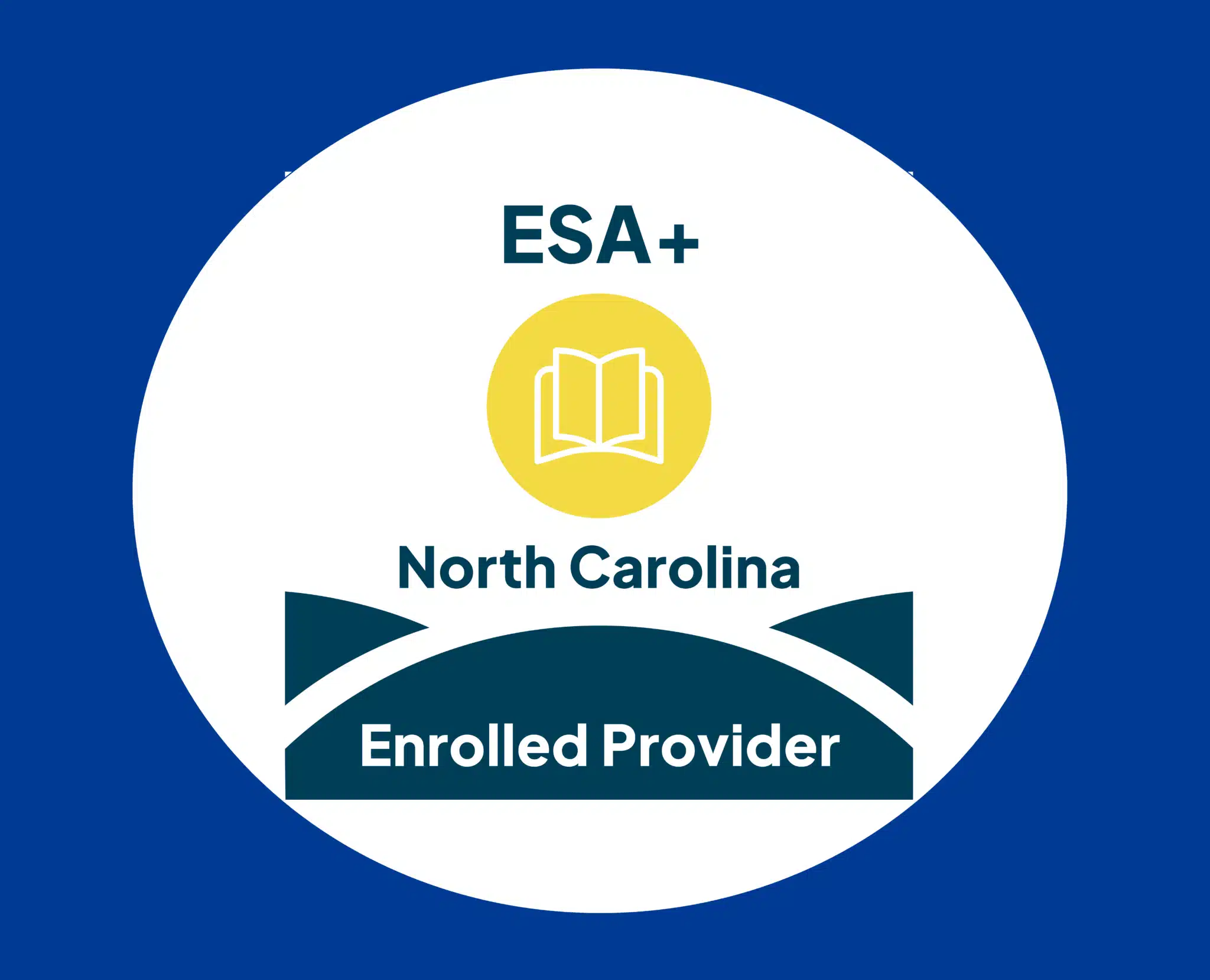A Guide for Homeschooling a Child With Autism in NC
It’s not uncommon for families with an autistic learner to choose homeschooling over the traditional education route of a standard school. In this article, we’ll address the advantages and challenges of homeschooling a child with autism, consider the rules around homeschooling in North Carolina, share some valuable resources, and discuss the importance of integrating therapy into the homeschool routine.

Advantages & Challenges of Homeschooling with Autism
When planned carefully and executed with intention, homeschooling offers far more advantages than challenges to the autistic learner. For the most part, it’s the parent who negotiates the challenges. Let’s look at some of each.
Autism and Homeschooling: Advantages
- Customized learning environment
- Specialized resources
- Flexible schedule
- Reduced anxiety
- One-on-one attention
- Self-set pacing
- Family bonding
Autism and Homeschooling: Challenges
- Time and commitment
- Lack of social interaction
- Financial strain
- Limited/coordinated access to services
- Parent training
- Burnout potential
- Regulatory compliance
Parents who are not educators find these challenges particularly intimidating: What school is best for a child with autism? Do I have the ability to homeschool? How do you homeschool an autistic child? What is the best homeschool curriculum for autism? We’ll address choosing curriculum and share some tips on homeschooling an autistic learner below. First, let’s look at the regulations surrounding homeschooling.
Understanding North Carolina Homeschooling Laws
Figuring out how to homeschool a child with autism in North Carolina begins with an understanding of the regulations. Getting started can feel like an uphill climb but, once you’re established, subsequent years are less daunting.
In North Carolina, homeschooling is legally recognized and governed by specific requirements to ensure educational standards are met. Parents intending to homeschool must file a Notice of Intent (NOI) with the North Carolina Division of Non-Public Education (DNPE) in accordance with a few different scenarios:
- Age Requirement: When the child reaches the age of 7 and will not be enrolled in public or private school.
- First-Time Homeschooling: Before beginning to homeschool for the first time.
- Transferring from Public or Private School: When withdrawing a child from a public/private school to start homeschooling.
- Returning to Homeschooling: When resuming homeschooling after a period of enrollment in a public or private school.
Note, the North Carolina DNPE does not accept NOIs in May and June, so be sure you file your Notice in a timely manner. Once filed, the NOI does not need to be renewed annually; it remains in effect as long as the homeschooling continues.
To be in compliance, the parent or guardian who will be the homeschool administrator must, at minimum, have a high school diploma. A homeschool must operate on a regular schedule for at least nine months of the year, excluding reasonable holidays and vacations. Parents of all homeschooled children are annually required to maintain attendance and immunization records, as well as have a yearly progress assessment completed. Parents should ensure they are following all appropriate regulations and stay up to date with state requirements.
Parents of homeschooled autistic children might also need to implement individualized education plans (IEPs), utilize specialized teaching methods, and seek additional resources or therapies to effectively support their child’s learning and development.
At A Bridge to Achievement, we can administer progress assessments at all of our locations. Additionally, our BRIDGES program – which is available at our University City campus in Charlotte and at our Winston-Salem location – serves as an ideal complement to the educational components delivered at home by providing a continuation of learning through skills development and social interaction. More on BRIDGES later.

Selecting the Right Curriculum & Resources for Homeschooling for Autism
Key to choosing the best homeschool curriculum for autistic learners is flexibility and individualization – this should include the offer of different levels of difficulty so you can be adjusted according to your child’s pace and progress. It’s also beneficial to incorporate elements that allow for repetition and reinforcement of concepts, which can help solidify learning.
Multi-sensory learning materials are particularly effective for children with autism as they engage multiple senses, which makes learning more accessible and engaging, and improves information retention. Examples include the incorporation of:
- Tactile materials like sandpaper letters, textured number cards, and manipulatives can help children who benefit from hands-on activities.
- Visual aids such as picture schedules, colorful charts, and interactive whiteboards can enhance understanding for visual learners.
- Auditory components, including songs, rhymes, and verbal instructions, cater to auditory learners.
Additionally, it is crucial to select curricula that fosters the learner’s academic and personal growth – including the promotion of social skills and emotional regulation, as these are often areas where autistic learners may need extra support. Look for programs that feature:
- Social stories
- Role-playing activities
- Emotion recognition exercises
- Positive reinforcement strategies
- Clear, simple instructions
- Focus on daily living skills
- Interactive technology
- Parent training resources

North Carolina Homeschool Resources
In North Carolina, homeschooling families have access to a variety of supportive resources that help navigate the homeschooling journey, foster community, and ensure educational success for their children.
The North Carolina Home Educators (NCHE) is a prominent organization that offers extensive resources, including workshops, conferences, and an annual book fair to provide educational materials and support. NCHE also facilitates networking opportunities through local support groups and online forums, helping families connect, share experiences, and find encouragement.
Additionally, many local support groups across the state provide specialized resources and activities for homeschooling families, such as field trips, co-op classes, and social events. Organizations like the Autism Society of North Carolina offer workshops and training specifically for parents homeschooling autistic learners, ensuring they have the tools and knowledge needed to create an effective and supportive learning environment.
Integrating Therapies into Homeschooling Kids With Autism
Weaving therapeutic services into daily homeschooling routines offers numerous behavioral, social, and personal growth benefits for autistic learners. Let’s look at some examples of how integrating ABA (Applied Behavior Analysis), speech, and/or occupational therapy into the homeschooling day is advantageous:
- Scheduling
The flexibility of homeschool affords the opportunity to schedule therapy sessions at optimal times when the learner is most receptive and alert. - Parental Involvement
Deeply involved in their child’s day-to-day learning, parents can immediately implement therapeutic strategies and techniques at home, leading to more consistent and effective interventions. - Enhanced Skill Development
Combining therapy with homeschooling supports the development of a wide range of skills, from cognitive abilities to social, communication, and daily living skills. This comprehensive approach addresses the whole child, fostering balanced development. - Progress Monitoring
Continuous integration of therapy into the homeschool routine allows for regular monitoring of the child’s progress. Parents can quickly identify areas of improvement or where additional support is needed, enabling timely adjustments to the therapeutic approach.

Implementing Daily Living Skills Training
Incorporating daily living skills into the homeschool curriculum, such as personal care, basic chores, and money management, boosts confidence, increases self-reliance, and ensures that autistic learners are equipped with the practical skills necessary for a more independent and fulfilling life. Engaging in daily tasks also helps develop motor skills, as activities like cleaning, cooking, and handling money, enhance both fine and gross motor coordination.
The structure and routine introduced by daily living skills training helps reduce anxiety and improve focus. Responsibilities like chores build a sense of accomplishment and self-esteem, while functional academic tasks, such as money management, teach essential math skills. These activities also foster problem-solving abilities and adaptability, preparing learners for real-life challenges.
Additionally, many of the activities of daily living involve social interactions, providing opportunities to practice communication skills in real-world settings. This practical application makes learning more meaningful and relevant to everyday situations.
The BRIDGES Program at A Bridge to Achievement
BRIDGES is an acronym that stands for Building Relationships, Independence, Determination, Group & Essential Skills. It’s an ABA therapy-based enrichment program that aims to increase learners’ autonomy and confidence in a fun and individualized environment that offers frequent teaching opportunities and peer interactions. Focused on daily living skills and designed for learners ages 8 and up, BRIDGES serves as a powerful supplement to homeschooling by providing:
- Consistency & Routine
Integrating therapy into the daily schedule provides a consistent structure. Predictable routines help reduce anxiety and improve the child’s ability to focus and engage in learning activities. - Individualized Learning
As aforementioned, homeschooling allows for personalized learning plans – including the incorporation of therapeutic goals. This tandem approach ensures that learning is aligned with developmental and behavioral needs, enhancing overall outcomes. - Real-Life Application
Therapy can be seamlessly incorporated into everyday activities, making learning relevant and practical. For example, ABA therapy can be used during mealtime to teach and reinforce communication and social skills. - Social Opportunities
BRIDGES provides opportunities for daily social opportunities, including group hangout sessions and game times. These activities complement a homeschool curriculum by providing frequent social opportunities that may not otherwise be available to homeschooled students.

Programming features a variety of hands-on activities that are often technology-rich, grounded in principles of STEAM (science, technology, engineering, art, and math), and include leisure and recreational skills development.
BRIDGES is available 30 hours per week (six hours per day) at our University City, Charlotte and Winston-Salem locations, and can be extended to 40 hours per week as needed.
Interested in learning more about BRIDGES? Get in touch! Support starts here.




